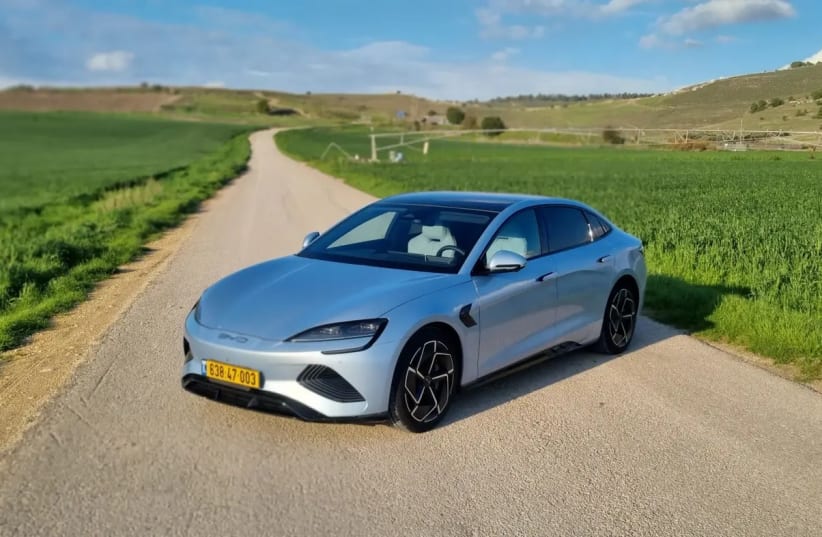The slowdown in demand for electric vehicles is reflected in the sales figures of car manufacturers. Tesla, which released its sales figures for the first quarter of 2024, produced only 433,000 cars, a decrease of 10.5% after years of continuous growth.
But what further illustrates the impact on its operations is the following data: the company only delivered 387,000 cars, an 8.5% decrease, which means that Tesla is currently struggling to sell all the cars it produces and accumulates, contrary to its traditional preference to produce on demand to prevent overstock, increasing costs and creating pressure to lower prices.
The higher-than-expected decline is attributed to increasing competition in the electric car industry, especially in China and from Chinese manufacturers. Tesla still lacks low-cost models and is expected to launch one only at the end of next year, if it meets the promised timeline by Elon Musk, which generally doesn't happen.
However, even lower numbers were enough for the American manufacturer to regain its position as the largest electric car manufacturer in the world, as the Chinese BYD, which surpassed it in the last quarter of 2023, showed an even bigger decline in its electric car sales. The company sold only 300,000 electric cars compared to 526,000 in the previous quarter. Unlike Tesla, BYD also produces plug-in hybrids, which boosted its total sales to 626,000 cars in the first three months of the year.
Contrary to Tesla, BYD also produces cheap electric vehicles, starting with the Seagull that costs only $10,000 in China. However, it is also facing increasing competition in its domestic market, and slow penetration rates in its export markets. Except maybe in Israel, where it recorded a 19% increase in sales of up to 7,000 cars in the first quarter.
